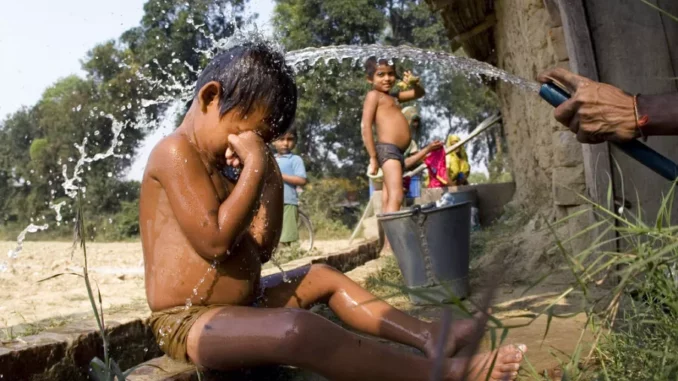
The frequency of heatwaves in West and Central Africa has skyrocketed since the 1960s, putting children’s health at grave risk. This year’s unprecedented heat wave led to a surge in deaths, with one Mali hospital reporting a dramatic increase in fatalities compared to last year. The extreme heat particularly endangers children and pregnant women, increasing the likelihood of stillbirths, low birth weight, and preterm births.
High temperatures also make children more susceptible to chronic and infectious diseases, including malaria and dengue. The region is currently grappling with an mpox outbreak, which disproportionately affects children. In Congo, nearly 70% of mpox cases and 85% of deaths are among children under 15.
These climate-related health crises are hitting countries that have contributed minimally to global warming but are facing some of the harshest consequences. The situation underscores the urgent need for global action to reduce carbon emissions and protect vulnerable populations.
As temperatures continue to rise, the health and well-being of millions of children in the region hang in the balance, highlighting the stark inequalities in climate change impacts. The crisis calls for immediate international support and intervention to mitigate the effects of extreme heat on children’s health. Without swift action, the region’s youngest inhabitants face an increasingly perilous future, caught in the crosshairs of a climate emergency they did little to create.
